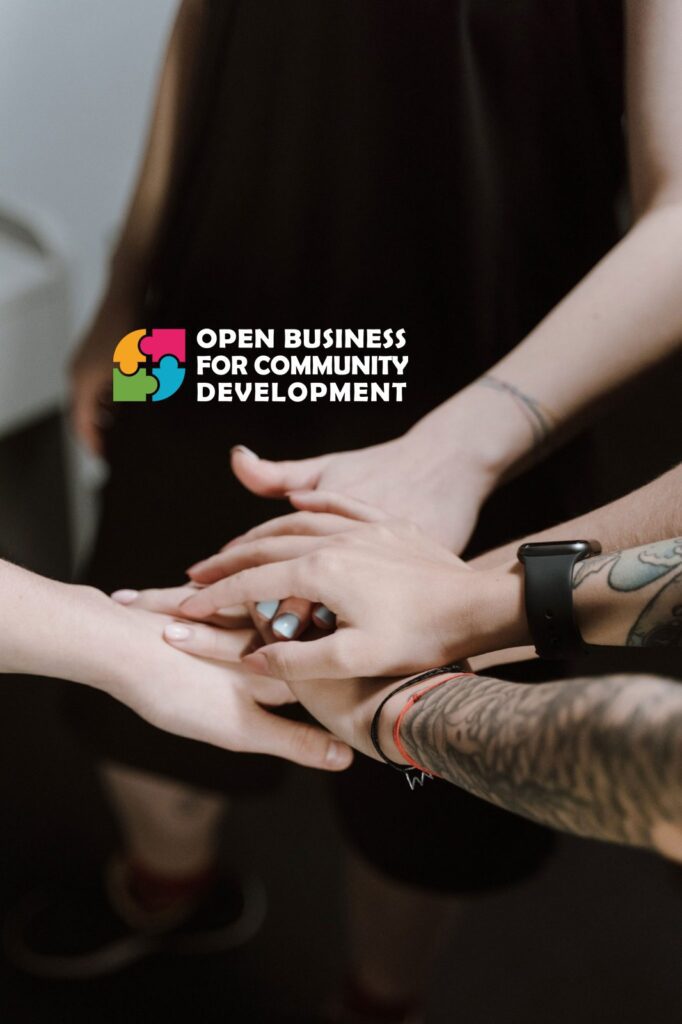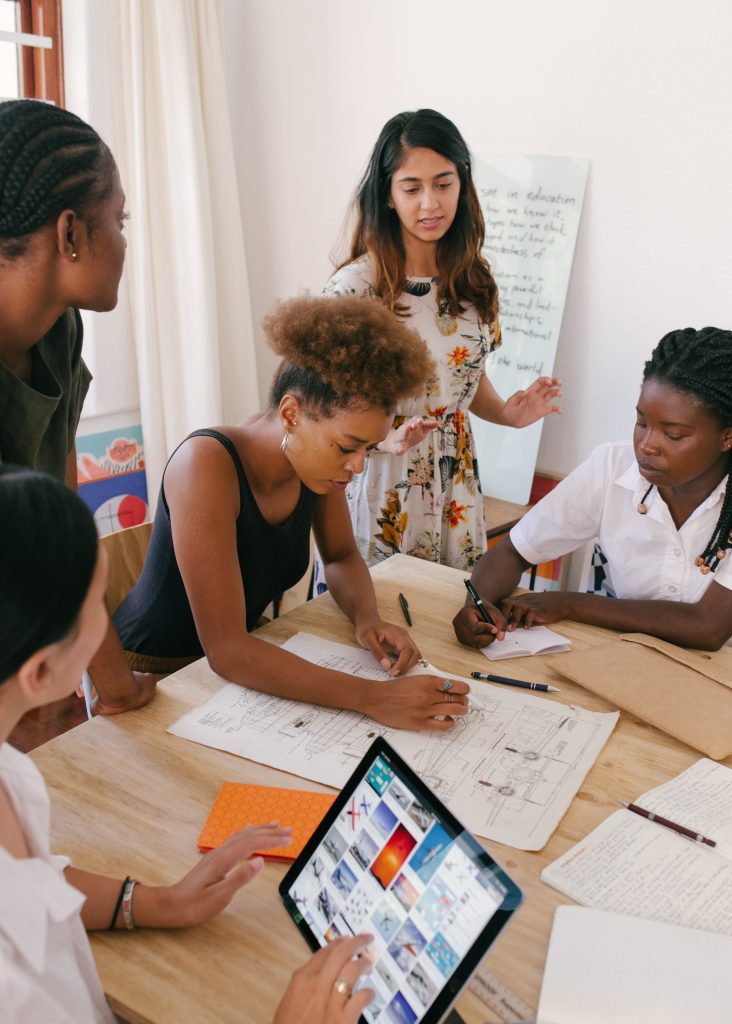The AGCI Umbria, within the actions promoted by the European project OBCD – Open Business for Community Development, in particular in the one concerning the construction and development of the Local Ecosystem, considered it important to involve the members belonging to the Local Ecosystem Italy OBCD in the meeting that was held on Monday, 24 June 2024, at the Vibia Sabina and Adriano’s Hall (Chamber of Commerce of Rome) in Piazza di Pietra – Rome, with the theme “Cooperation in the social economy for an Italian Action Plan”.

The event was organised by the Alliance of Italian Cooperatives (ACI), made up of AGCI, LEGACOOP and CONFCOOPERATIVE, in collaboration with Social Economy Europe and CECOP and is aimed at analyzing the prospects of the social economy and illustrating the proposals of the Italian cooperative movement, in the presence of, among others, Maria Teresa Bellucci, Deputy Minister of Labour and Social Policies, and Lucia Albano, Undersecretary at the Ministry
of Economy and Finance. As far as OBCD’s Ecosistema Italia is concerned, in addition to AGCI Umbria, numerous partners participated in the event: the BASE 3 cooperative, Tor Vergata University (with prof.ssa Natalia Marzia Guzmerotti), the Association of Social Promotion Roma Open Lab, the Consortium Meuccio Ruini Impresa Sociale, AGCI Nazionale, BE VALNERINA and LOCALCARBON ITALIA cooperative di comunità, IT Impresa e Territorio Srl, EFTILIA società
benefit and the social cooperatives LA SPERANZA of Terni and LUDUS of Rome.

The programme of the event, which had a high political and institutional profile, allowed the participating members of Ecosistema Locale Italia to take an in-depth look at the policy lines that are being defined, at a European level, regarding the Social Economy and the increasingly urgent need to provide all European countries with appropriate legislation on the subject. In addition to the scheduled speeches, the participation of the Minister of Labour of the Spanish Government, Yolanda Dìaz, was very important and welcome. She expressed the importance of the Social Economy within her country and for the whole of Europe:
“The economy of the future of Spain, as of Europe, can only be social. Indeed, the social economy has proven in recent years to be a highly resilient, inclusive, participatory model that puts people at the centre of its actions. Spain is currently the only European country that has a National Strategic Plan on the Social Economy. I know the value, not only economic, of Italian cooperation, it is a model we look at with great interest. I hope to be able to meet my counterpart in the Italian government as soon as possible to learn about the proposals and develop a common strategy. We will promote (in the EU) the inclusion of the social economy as a cross-cutting element in the Union’s industrial, economic and social policies, putting into practice in all its dimensions the recommendation of our parliamentary group, ensuring an increased budget and timetable for the European Social Economy Action Plan.”
Díaz finally said that the European ministers of labour and social affairs will continue to join forces to ensure that ‘the social economy becomes a strategic axis in the coordination of budgetary, economic and social policies in the framework of the European semester.

The speech by Juan Antonio Pedreño – President SEE (SOCIAL ECONOMY EUROPE) was greatly appreciated. He argued, numbers in hand, that the Social Economy is a business model ‘that quantitatively has the same importance as the automotive sector in Europe’. For Pedreño, ‘a phase full of challenges has finally begun at a time when the Social Economy enjoys great recognition at national and international level’.
According to Pedreño, this business model addresses three major challenges of European society: “It strengthens democracies, facilitates the green transition and the fight against climate change, and reduces social inequalities”.
All in all, the conference represented an important opportunity for Ecosistema Locale Italia to take a closer look at what is happening at an international and European level and to become more aware of the fact that the work undertaken thanks to the European OBCD project is consistent with the most recent and innovative European political instances and that, therefore, Ecosistema Italia is a valuable and useful laboratory for experimenting good practices for the pooling of innovative ideas and cutting-edge models that combine business development with the appropriate social and environmental repercussions.

